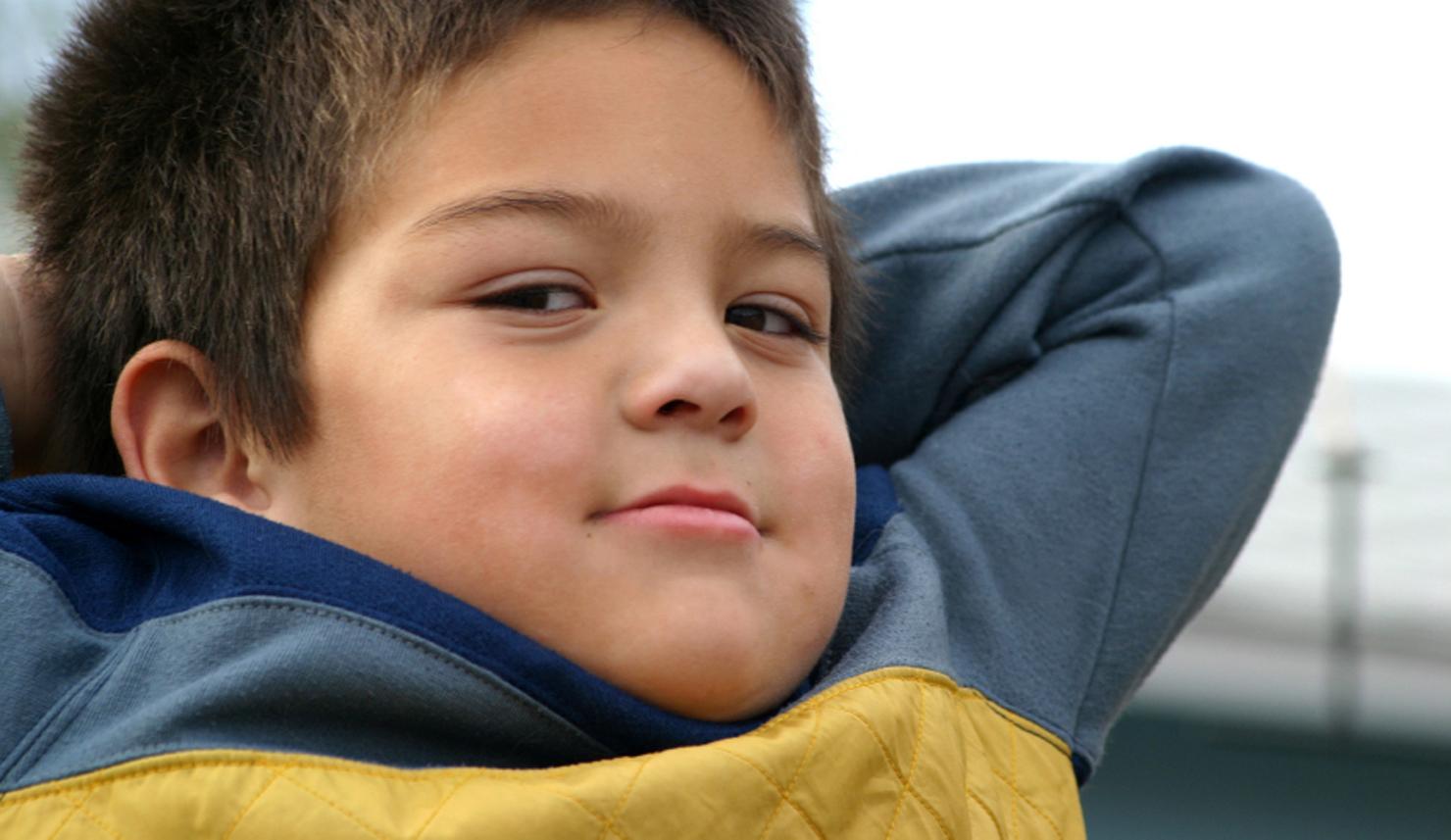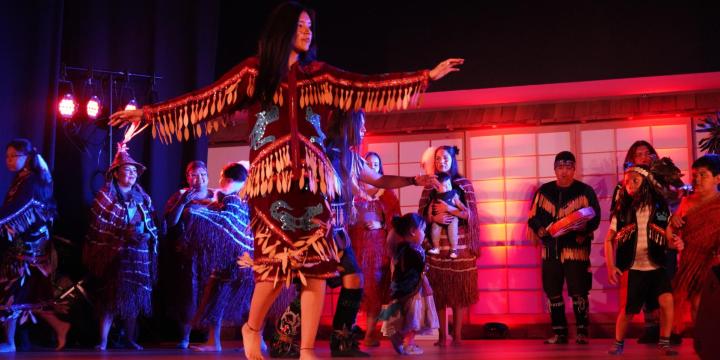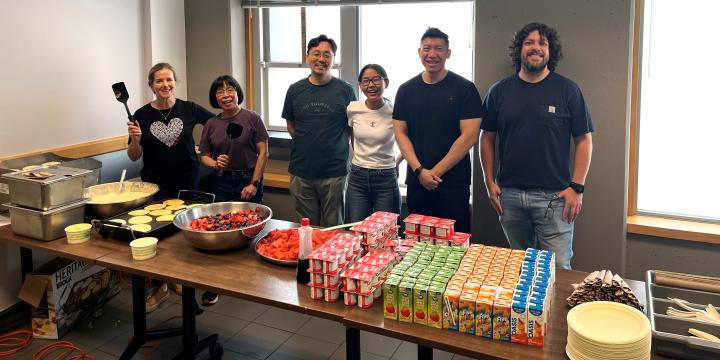
Supporting families in the community: FASD programs at YWCA Crabtree Corner
Being able to share with the group all my problems and triumphs makes me feel stronger. - Dawn, Intergenerational FASD Support Group
According to the 2012 Canadian Community Health Survey, 9.1 out of every 1,000 babies are affected by Fetal Alcohol Spectrum Disorder (FASD), a group of symptoms found in the babies of mothers who drank alcohol while pregnant.
Symptoms can include:
- brain damage
- developmental delays
- physical disabilities, such as motor skill challenges, vision and hearing problems
- lifelong challenges with learning, memory, attention, problem solving and behavior
YWCA Crabtree Corner Family Resource Centre offers a number of services and supports for families affected by FASD.
Gladys Evoy and Wanda Pelletier are vital to the success of Crabtree’s FASD programs. Not only have they both been part of the Crabtree community for many years, the challenges they’ve overcome in their own lives mirror those faced by many of the centre’s participants. This makes both Gladys and Wanda excellent role models and powerful advocates for families needing support.
FASD support groups
Gladys has been involved with YWCA Crabtree Corner for 13 years, and – with partial funding from Vancouver Coastal Health – runs two support groups for families caring for children with FASD. Using the medicine wheel model during group sessions, she approaches healing from multiple perspectives, including emotional, mental, physical and spiritual, and tries to meet support group participants where they’re at. Topics such as supporting children and grandchildren with FASD, establishing boundaries, expressing affection and dealing with guilt are addressed in the sessions. The groups also take part in outings together, like going swimming in the YWCA Health + Fitness Centre pool.
The FASD grandparents are my other family. I’ve learned quite a lot in our group about this disorder, FASD. It’s a disorder everyone needs to learn about and know about. Thanks to YWCA Crabtree Corner for this awesome group. -- Sharon, Intergenerational FASD Support Group
FASD key support worker program
Wanda first came to YWCA Crabtree Corner 18 years ago, as a single mother new to the city and in need of assistance. Now, with funding from the BC Ministry of Children and Family Development, she’s an FASD key support worker at Crabtree, providing one-to-one support for families with children who have or may be at risk of FASD.
Wanda calls herself a “community connector,” and works with school administrators and educators, health care providers, government officials, social workers and contacts from other support programs to help affected children experience success rather than frustration.
Working closely with each family enables Wanda to understand their unique needs and connect them to the right resources. Like Gladys, she takes a holistic approach to helping her program participants understand and accept their situations, which often requires talking about a range of issues, from day-to-day life skills, trauma, addiction or healing from abuse.
My Tween and Me
Believing that FASD is both “100% manageable and 100% preventable,” Wanda recently developed an important new program called My Tween and Me, which began running in the fall of 2013. During the eight-week program, a broad discussion of risk factors in the community takes place with families whose children are ages 12 through 17. My Tween and Me contributes to the healing process by providing an open forum for discussion and by equipping families with the information necessary to make healthy choices.
We invite you to support the Marnie Marley FASD Co-Facilitator Fund. This fund gives YWCA Crabtree Corner program participants mentoring experience with the FASD coordinator. The co-facilitators gain conflict resolution and communication skills, build contacts in the community and often remain in the Downtown Eastside to become outreach workers.
For more information, contact Amy Juschka at ajuschka@ywcavan.org | 604 895 5810

